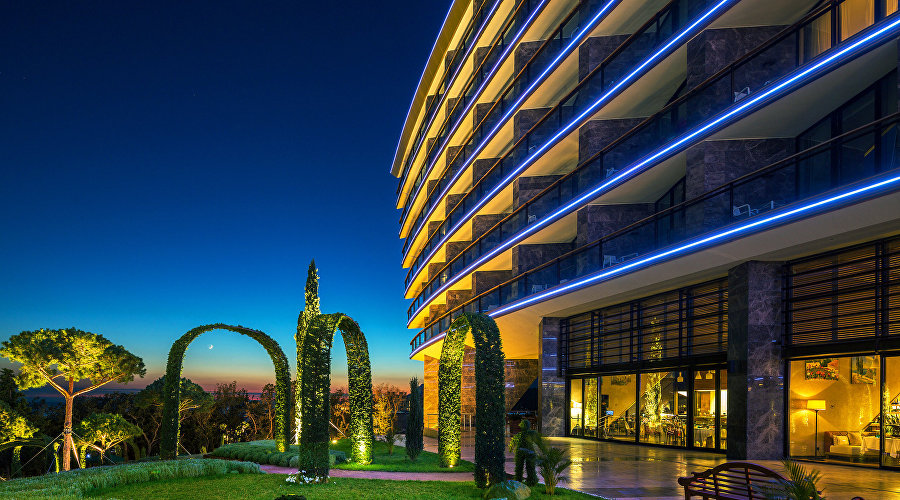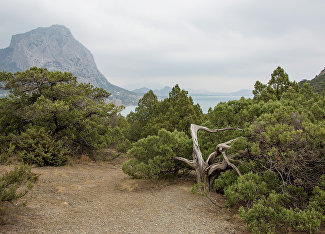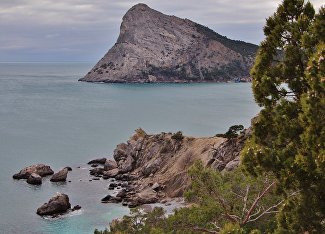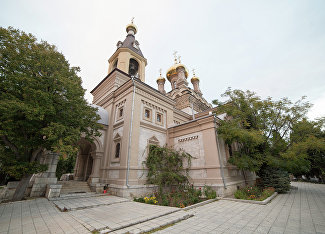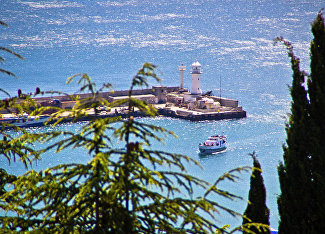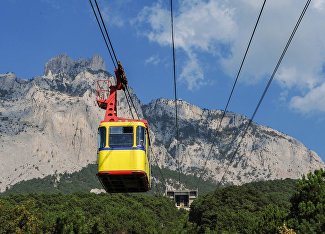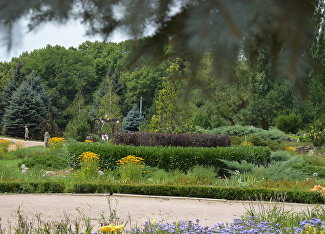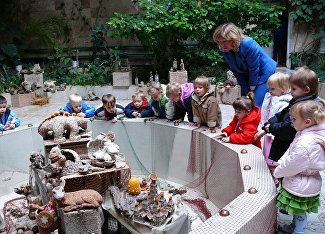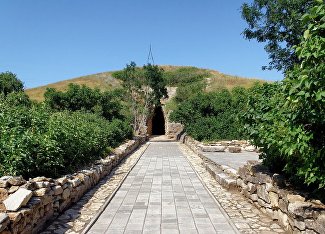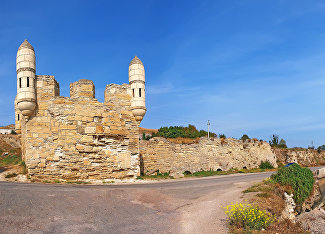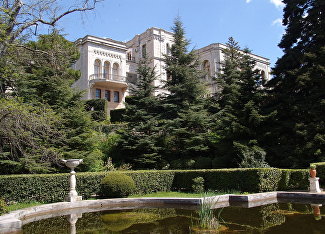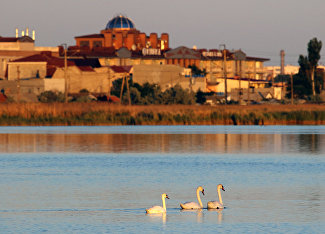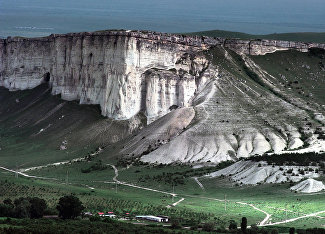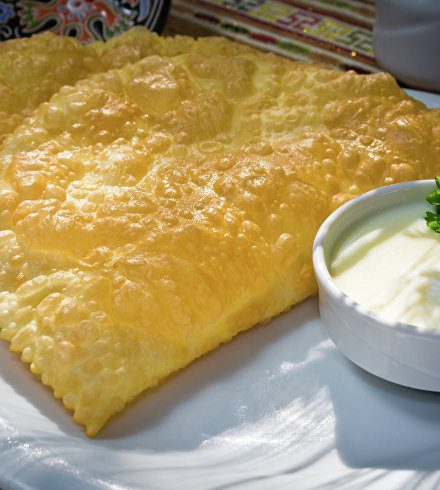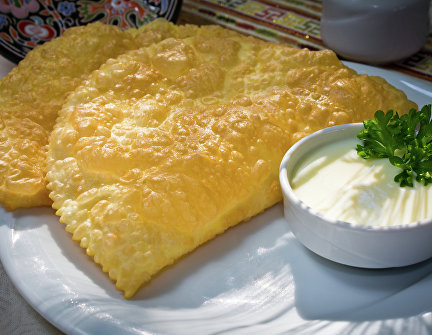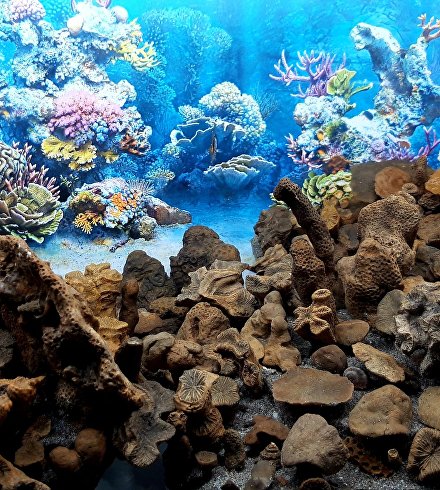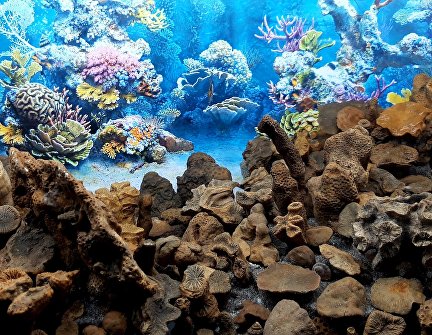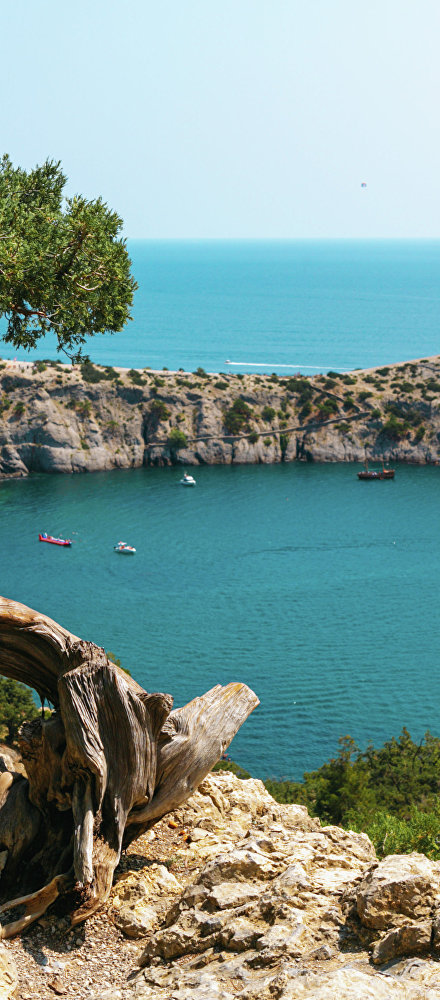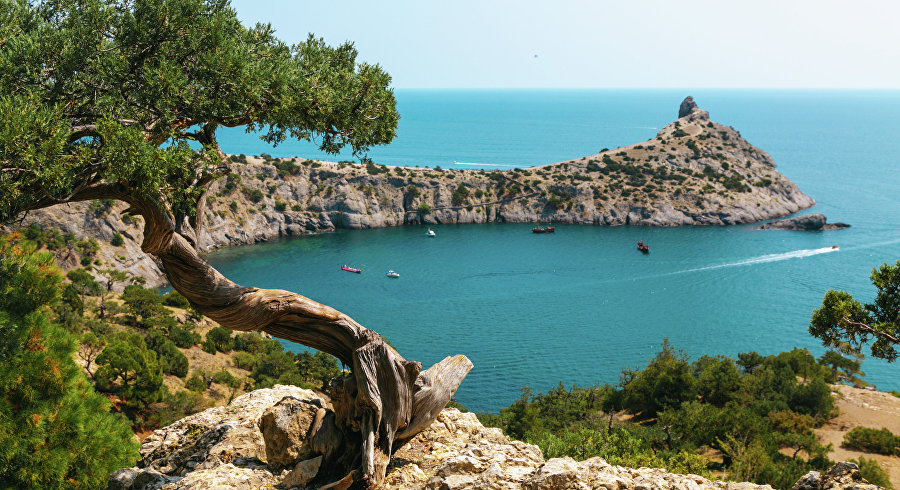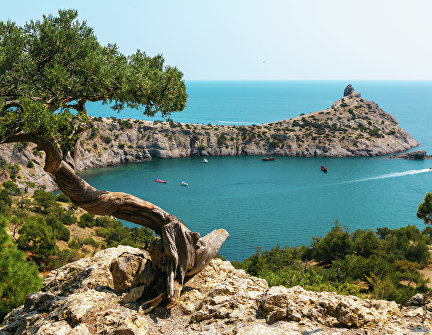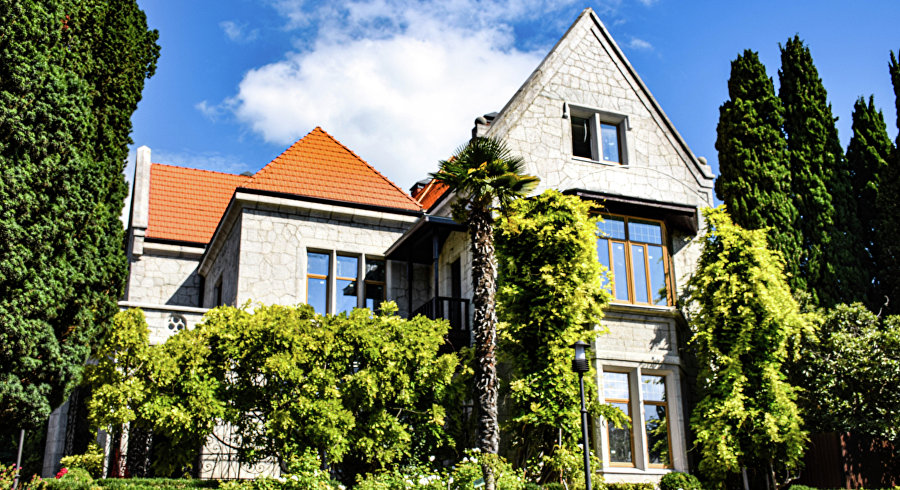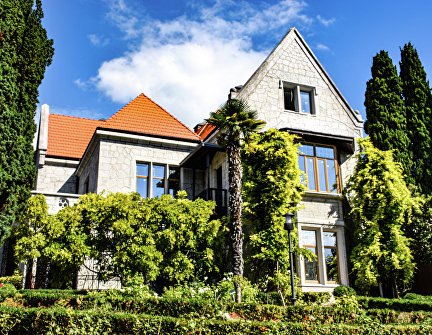Visitors have a wide array of rooms and amenities to choose from: hotels as well as recreation and retreat centres of various star ratings, with a variety of options for food, transfer services, guided tours and swimming pools are ready to receive guests in any season. Besides being one less thing to worry about, hotels in Crimea offer added features for the enjoyment of their guests.
Crimea became a popular place for rest and relaxation and outdoor pursuits way back in the late 18th century. Since then the number of hotels and inns with second storeys let to visitors has considerably grown in Crimean cities. And when doctors began praising the curative potential of these places in the late 19th century, tourist numbers noticeably increased, resulting in large-scale construction of guest accommodations in all major populated areas of the peninsula. Most of them have not survived to the present day except for the old hotel in Simferopol, where poet and diplomat Alexander Griboyedov stayed.
The most comfortable hotels were built at sea resorts. Yalta was the site of especially intensive construction. And today people can stay there in hotels that have stood the test of time, including one of the most comfortable on the peninsula, built in the late 19th-early 20th century on the city embankment.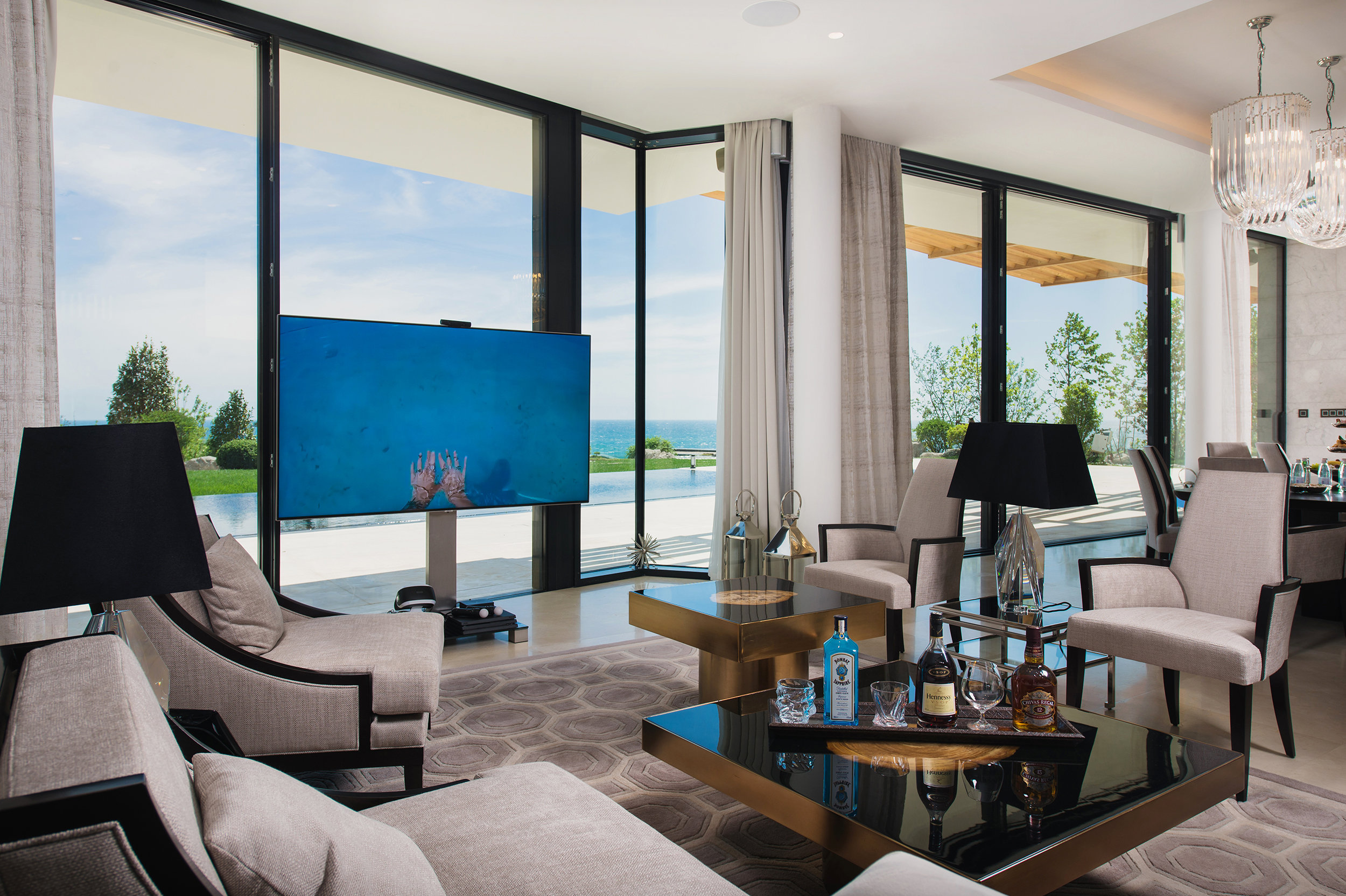
Small family-type boarding houses offering full board were widely popular. In Crimea they were called villas and built along the entire southern coast — in Simeiz, Yalta and Feodosia. Some of them have been converted into first-class hotels. For instance, there is the five-star Villa Elena, with its Art Noveau design by architect Lev Shapovalov, who also designed Chekhov's White Dacha. Tikhomirov, a rich merchant from Saratov, commissioned the villa as a gift to his daughter Elena, its namesake.
Villa Sofia was initially built as luxurious bath house. Commissioned by merchant A.I. Roffe, architect Nikolai Krasnov built the baths on the Yalta embankment in 1897. After the collapse of the USSR the building fell into disrepair, until it was purchased by the family of singer Sofia Rotaru. It was her decision to make it a hotel, and the building was named after its new owner.
In the Soviet era, hotels were built up and down the coast, both for the masses of the huge country and for special guests. For example, the 16-storey giant, Yalta-Intourist, was erected near Massandra Park in 1977. Sculptor Zurab Tsereteli collaborated in its design and decoration. The building looks like an ocean liner and combines Soviet-era monumental chic with modern hospitality standards.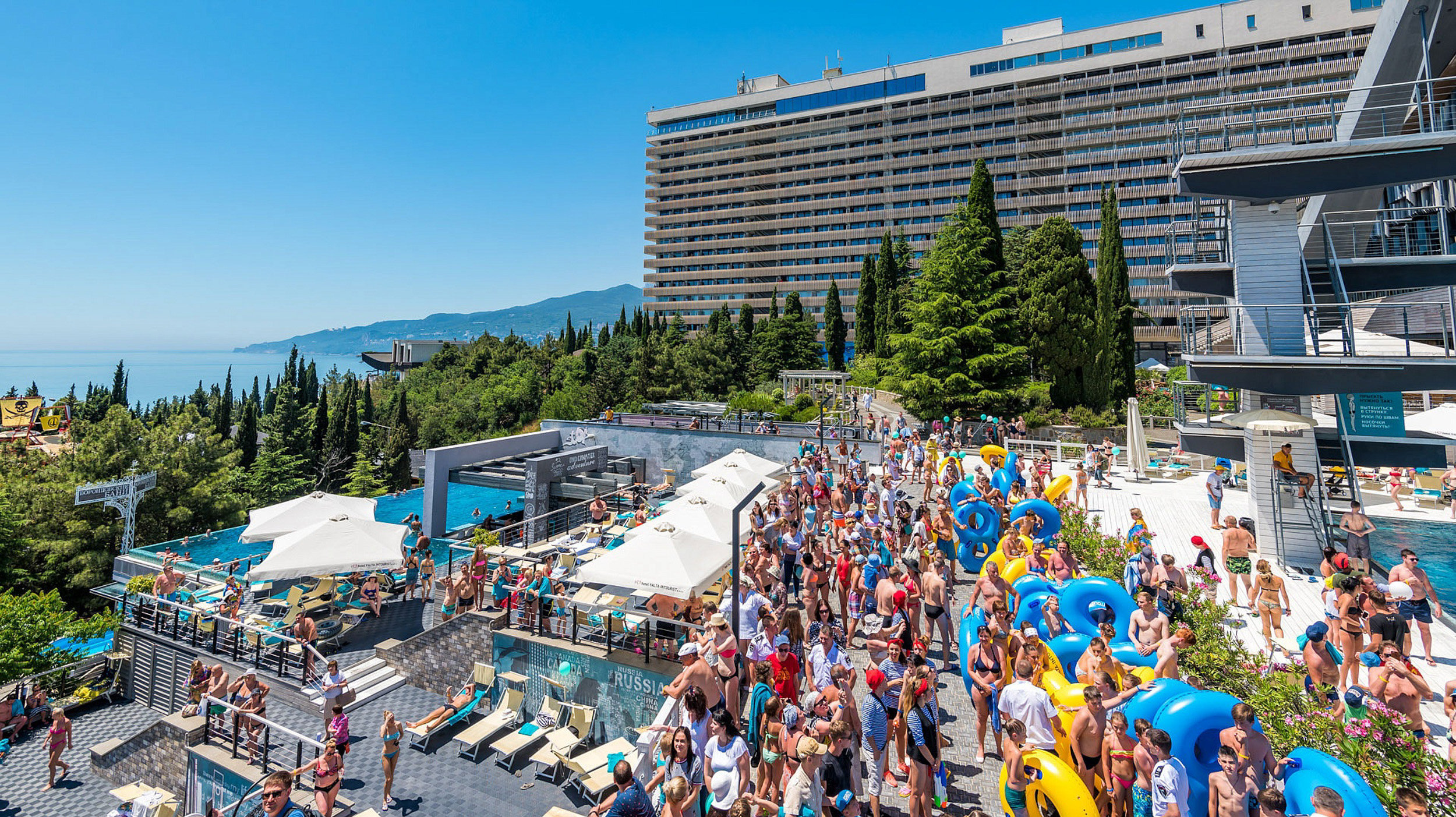
The latest generation of Crimean hotels continues the best traditions of resort architecture. The republic's achievements in the tourist industry, including at the international level, have been recognised on many occasions. For instance, the Mriya Resort & Spa complex in Yalta won five prestigious World Travel Awards in 2018, and three Crimean hotels received Russian Hospitality Awards as the best in Russia. All big modern hotels are full-service recreational complexes with beaches, parks, spas, swimming pools and restaurants. Many of them offer an all-inclusive package.
Business tourism is also being actively developed in Crimea, with the halls of hotels hosting forums and summits. The annual Yalta International Economic Forum at the Mriya Resort & Spa is one such example.
